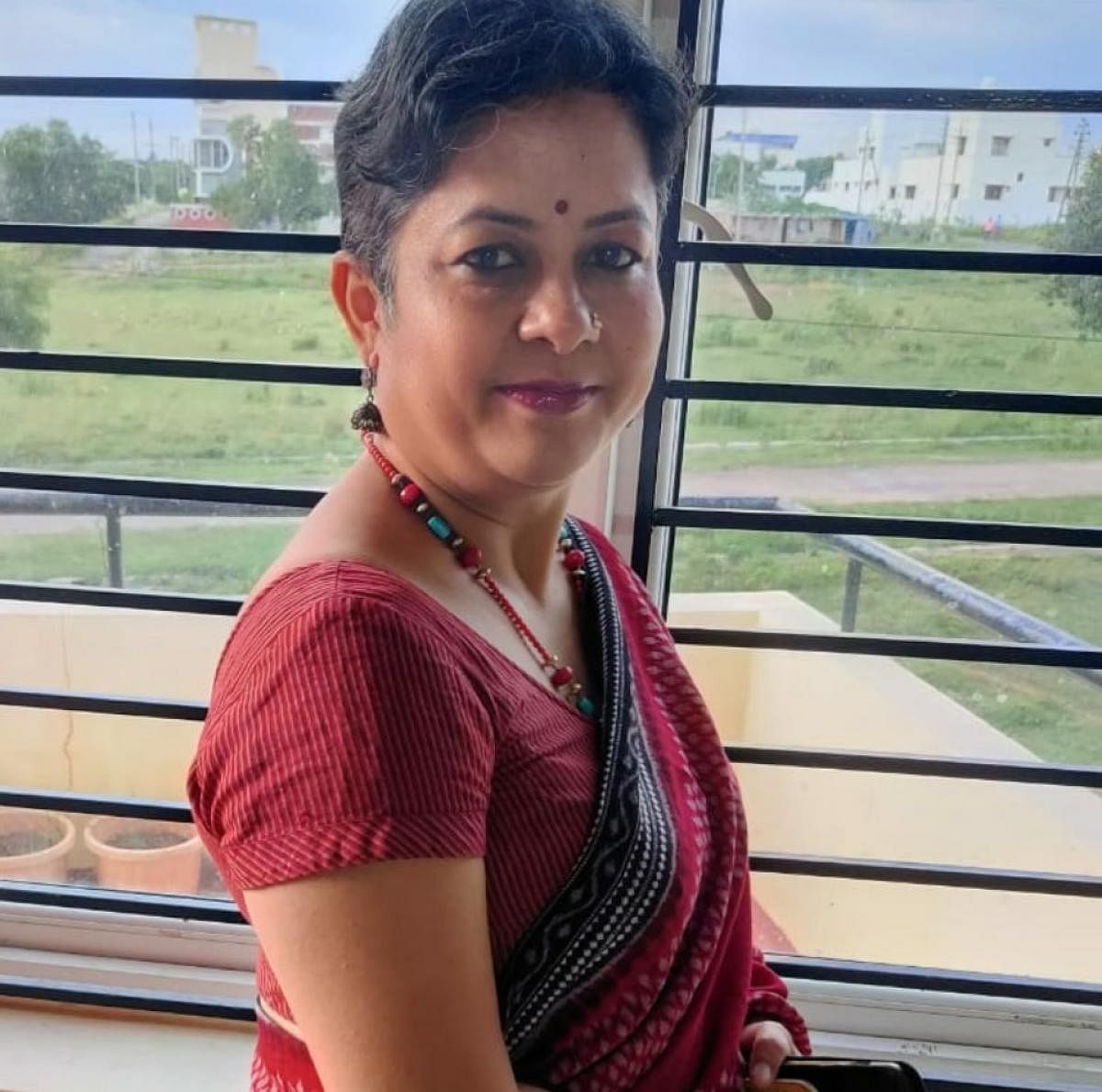
When the news of Ruth Bader Ginsberg, former associate justice of the Supreme Court of the United States and a champion of women’s rights trickled in, I was listening to the challenges faced by a 34-year-old lady professional. Turns out her plans to marry through conventional mode was hitting a roadblock because she was deemed a ‘feminist’. Since she wanted her folks/relatives to suggest matches for her, their first advice to her was to delete her profile from social media because she wrote poems and they showed her emotions and vulnerabilities.
A thorough professional, with a secure job even during these volatile times, this lady was making an effort to vehemently deny that she was anything but a feminist. Since when did feminism become such a criminal expression?
Coming from a conventional background, the girl and her family have taken to technology and its benefits with a lot of ease. A considerably modern father spends his mornings sending WhatsApp forwards into the family groups about relatives, politics, community (read: caste) initiatives through their religious organisations while mother enjoys her saree shopping and watching films, sharing recipes and jewellery designs, doing online saree shopping — on her tab. Both appa and amma listen to bhajans together like a daily drill and attend the virtual satsang conducted by their tech-savvy guruji on skype.
Rather well-endowed for a middle-class family one would think, for they have been sheltered adequately from the socio-economic challenges of Covid-19 so far. The lady in question works in the private sector that has colleagues working around the world but by her own admission, the chances of finding a ‘stable’ romantic interest are very less. “Poetry allows me that breath of fresh air. I want to even try theatre, but am I not too old for it? Will they call me ultra-feminist if I do that?” she asks.
Somehow, the older generations that have embraced so many things from the past as their pride are yet to reorient their perception of feminism (and caste). This, in my opinion, is the original ‘F’ word the society loves to hate.
For all the tags that feminism carries today the fact remains that we, the women work, write, claim spaces, speak our minds and live it (almost) thanks to various forms of feminism that took the world by storm across various cultures and geographic locations.
A friend who vouches for women’s movements over policy changes and economic freedom rues the fact that her daughter feels feminism is passé.
Yes, though this may seem so, it is also the victory of feminism that younger women today fight fewer and smaller (or bigger) battles because voting rights, public transport, claiming spaces, demanding equal rights and wages, representation, and participation across fields, raising voice about what’s due to them so on and so forth — have been waged by their previous generations. Some have been won and some are work in progress.
I wish this ongoing activism includes all other genders too who have been deprived of fair and just treatment by the socio-political spaces we all occupy rather dominantly. Society surely has reservations about whatever would upset its apple cart of the existing equation.
Also, there’s a “dharmic” misconception that if you are speaking woman, you are an activist and hence you MUST hate men. This ideological falsetto has gained so much credence that whenever I speak to young students in various colleges on ‘gender sensitivity’ they often ask why women should be treated differently when the fight is for ‘equality’? Well, feminism doesn’t only deem to make spaces for women, it also aims at strengthening men against the fragile male ego, and sets them free from unrealistic social expectations of their gender. Feminism in its spirit is extremely considerate of men as much as it is of women.
A well-endowed society may love Alexa and Siri in their living rooms but will always be wary of the voices of real women around them.
(The author is a journalist deeply seeped into the theatre of (&) politics.)